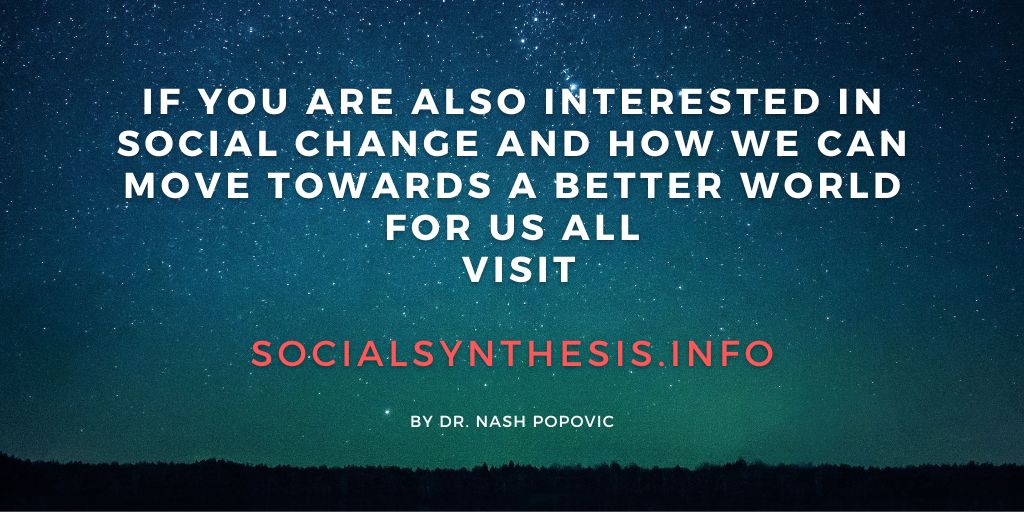60. Behaviour
Suppose you scrub your ethical skin until it shines, but inside there is no music, what then?
Kabir (15c Indian mystic and poet)
Behaviour in this context refers to a manner of conducting ourselves in an interaction with others. The main topics of this area are external and internal regulators of our behaviour, and also authenticity and spontaneity that facilitate its congruence.
Regulators of behaviour
There are two major ways of regulating behaviour: external (conventions) and internal (consideration).
Conventions are culturally defined customs and norms such as shaking hands, nodding or bowing when you meet somebody; asking for (‘can I have…’) rather than demanding (‘give me…’); thanking those who do something for you, and so on. Conventions are the external regulator because they are usually induced by a group or society – we learn about social norms from others. Besides showing regard to each other, such norms also ensure that all involved can maintain the desired distance and can have some control over the situation (as they increase predictability). Besides, familiarity with conventions can make spontaneity easier, as it helps to assess to what extent and when they can be safely transgressed (every shared framework has some degree of flexibility). Conventions though do not guarantee genuine respect, may be restrictive and a barrier to closeness. Let’s take politeness, which is closely related to conventions. It is a congenial way of interaction that has the purpose of making everybody involved feel safe and comfortable. Politeness, however, can sometimes be used as a cover or even a ‘weapon’ (think about how polite managers become when they intend to sack somebody). It can also become cliché, servility, even a front for inequality. To avoid this, of course, you do not need to stop being polite. Politeness only needs to be moderated (yes, there is such thing as too much politeness), which is why we also need internal regulation (or consideration).
Consideration: unlike conventions, consideration is an internal regulator based on being aware of others and being mindful of the effects your behaviour has on them. This primarily means not imposing on or depriving others (e.g. by making them feel excluded or ignored); in other words, respecting their agency and existence. Being considerate is not about being permissive. Rather, it is about taking into account others and their needs: knocking on their door, so to speak, but not insisting or forcing your way in if it does not open; sensing when it is time to stop before exhausting yourself or those around you (by, for example, talking or staying too long). Consideration and conventions may not always coincide (e.g. conventionally you don’t visit a neighbour in your pyjamas, but you may do so if they need urgent help). Of these two, conventions are easier to follow. Consideration requires genuine respect and more attention and flexibility because behaviour needs to be adjusted from situation to situation and from person to person (and to how they feel at that moment). However, it allows more freedom and can be more rewarding overall.
Congruent behaviour
Congruent behaviour is behaviour that is in harmony with one’s personality and consists of the following features:
Authenticity means behaving in accordance with one’s character, values and experience. Behaviour emerges from the person and is an integral part of the person, while inauthentic behaviour ‘does not really involve the selves of those who take part in it’.75 Authenticity relies on confidence that you can be accepted as you are (which does not mean that you necessarily will be!). Of course, authenticity can be sometimes risky, but it has some benefits that usually outweigh the risk: authenticity does not involve comparing ourselves with others so forming relationships on equal footing is easier; authentic behaviour also enables you to be more direct and open, leading to establishing relationships more quickly and to a greater exchange between those involved; this, in turn, enriches the quality of experience. To be authentic you don’t need to do anything special, just be yourself and respect others.
Spontaneity is not impulsiveness, acting upon the feelings of the moment. Behaviour governed only by emotions is affectation rather than spontaneity. Spontaneity requires being aware of your inner state (e.g. how you feel), the state of others, as well as the flow and purpose of the interaction, and then allowing your behaviour to emerge from these without much interference. Spontaneous behaviour is, of course, less predictable and carries some risks, but it enables adapting and reacting to the immediate situation quickly and is usually more enjoyable.
These attitudes may stand in the way of spontaneity:
- Conscious control (policing your behaviour) can create a barrier between you and others, and affect the quality of experience. It may also limit freedom and beget boredom.
- Planned behaviour may minimise uncertainty, but it interferes with spontaneity and can also backfire if the situation is not predicted accurately or has changed.
- Trying hard to leave a good impression may have the opposite effect if it impedes spontaneity. Besides, the more you stretch yourself to appear better, the more vulnerable you become.
In any case, always behaving in a certain way becomes a habit, which can be limiting. The exercise below not only increases flexibility, but it can also help you be more authentic and spontaneous as these are often inhibited by our behaviour habits.
Freeing the behaviour: experiment with a range of behaviours (e.g. being more outgoing, placid, energetic, gentle, etc.). As this is about expanding your repertoire, practise it in inconspicuous situations rather than with an outcome in mind. To behave in a way you want and still maintain spontaneity, think about it in advance, but then let your thoughts sink into the background – allowing your behaviour to emerge spontaneously (as suggested above).
All the above three points are actually attempts to deal with insecurity, so developing social confidence can also help.
Social confidence
It is natural to be a bit shy, especially with new people. Nobody is born with social confidence, but some people were encouraged early in life and built it spontaneously. The good news is that we can develop social confidence later in life too. Here is how:
- Your thinking is the key. A void defeatist thoughts – encourage yourself instead. Start with small steps, take credit when you do something right, and keep building on successes.
- Try to engage with anybody anywhere (cashiers, taxi drivers, men and women, young and old). You can learn a lot from such experiences and become more relaxed.
- Helping or teaching others something are also a great way to overcome shyness as this usually involves structured activities that take the focus away from yourself.
- If you are approaching somebody, keep in mind good past experiences rather than bad ones and make sure that you have good intentions (this cushions the blow if things don’t go well).
- Be yourself, do not try to pretend that you are taller than you are; likewise, if you genuinely feel confident great, but don’t pretend that you do, as this is easily recognised.
- If you start panicking, practise grounding techniques such as feeling your feet against the floor.
- Paying attention to the symptoms of anxiety makes them subjectively greater. So, if you notice that your palms are getting sweaty, just tell yourself ‘never mind’ or ‘so what!’
- Rather than worrying about the impression you leave, get really interested and focus on others. Listening is a much appreciated skill that you can practice even if you feel too shy to talk.
- Think in advance about a few topics that you may bring up if others get stuck (they may lack social confidence too!)
- If you don’t try to win, you are less likely to lose, so don’t make social interactions battles or competitive games. Interactions that are enjoyable for yourself and others build confidence.
- Occasional put-downs or rejections may happen. Avoid letting such knocks go deep, or obsessing about them. Instead, learn something from the experience and then try again.

